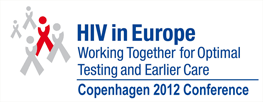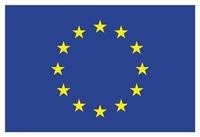Copenhagen2012: Call to Action

All of us - people living with HIV, civil society representatives, health professionals and decision-makers, policy workers, European Union and national institution representatives and researchers - need to continue to closely collaborate in order to save lives by decreasing the number of people starting HIV treatment late.
The HIV in Europe Initiative is working to:
1. Monitor and share research and best practices on HIV testing standards in order to improve practice and policy;
2. Stimulate the scientific development of activities and events to inform the European agenda on optimal testing and earlier care;
3. Review data and studies on the impact of counselling and HIV/STI testing on risk behaviour and support a consensus process to agree on optimal counselling practices;
4. Facilitate the implementation and assessment of HIV indicator condition guided testing;
5. Stimulate an evidence base on and reduce barriers to testing that include human rights, stigmatisation, discrimination and criminalisation;
6. Continue supporting the implementation of novel models to estimate the number of infected but not yet diagnosed individuals;
7. Investigate linkages and collaboration between HIV testing and hepatitis testing and access to care; and
8. Support the international institutions and agencies (European Commission, European Centre for Disease Prevention and Control (ECDC), WHO Regional Office for Europe, European Monitoring Centre for Drugs and Drug Addiction (EMCDDA) and UNAIDS) to increase their engagement in working for optimal testing and earlier care and reinforce collaborative links.
